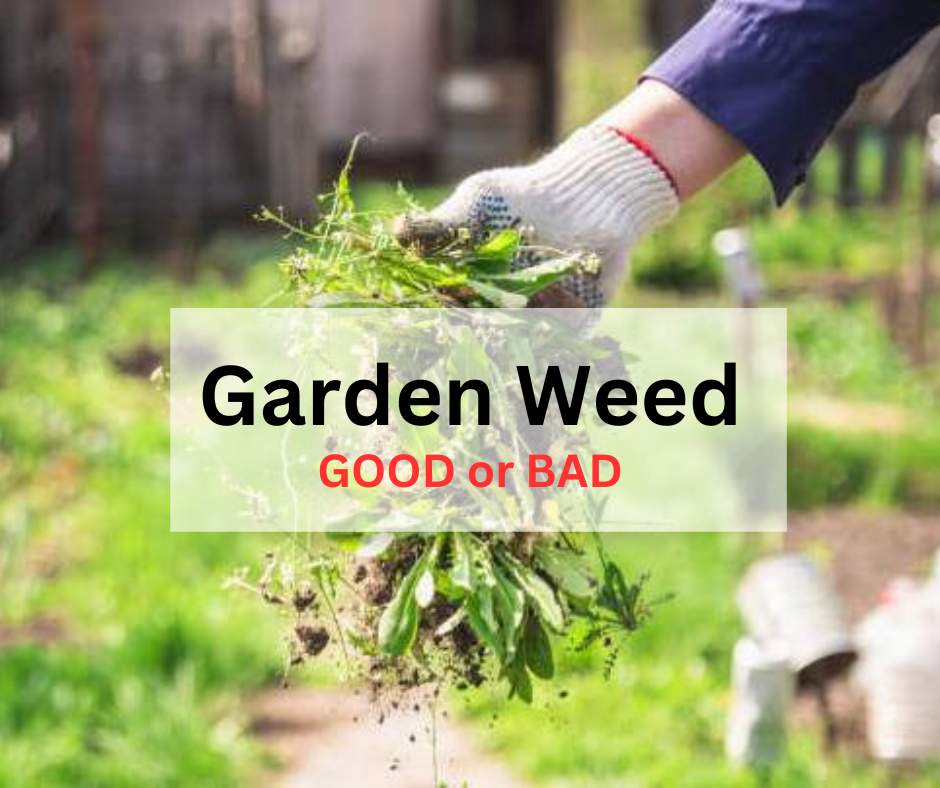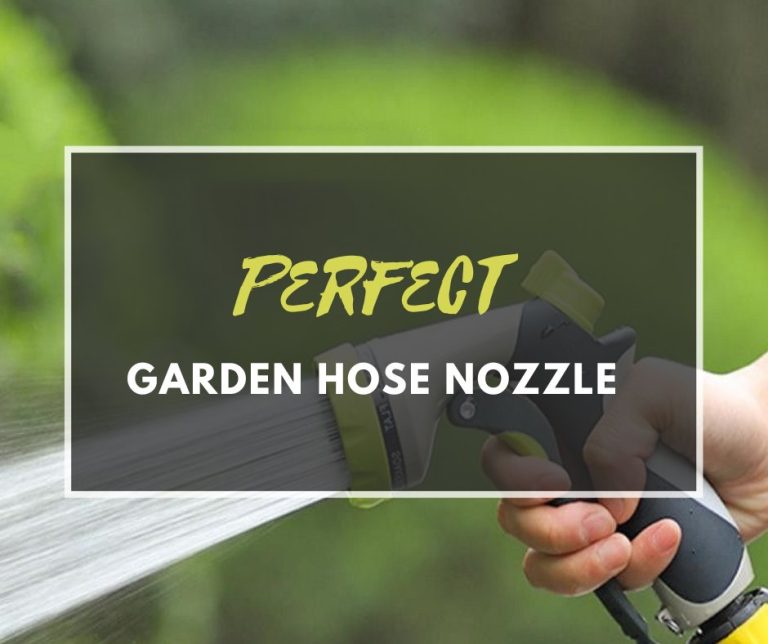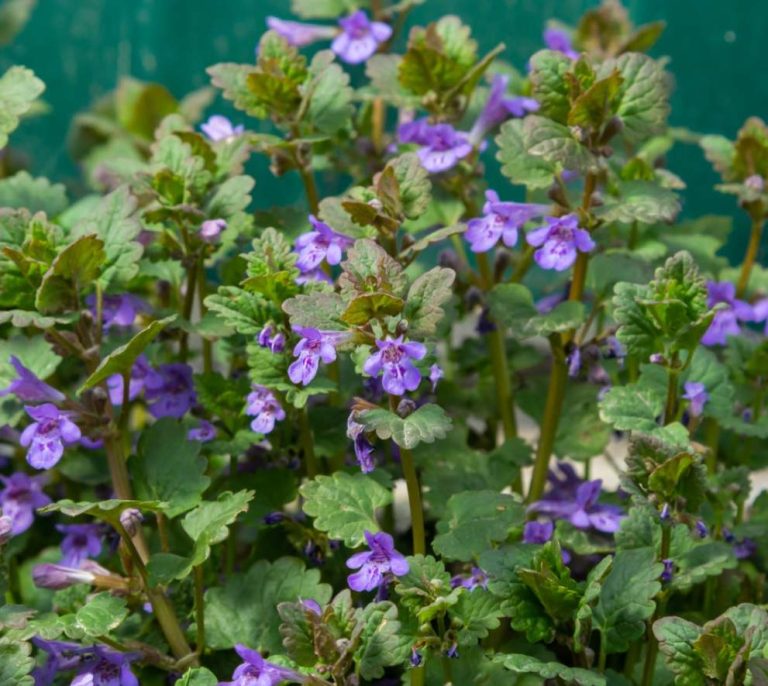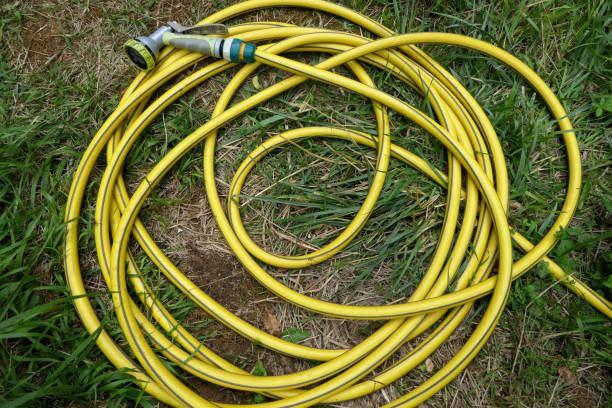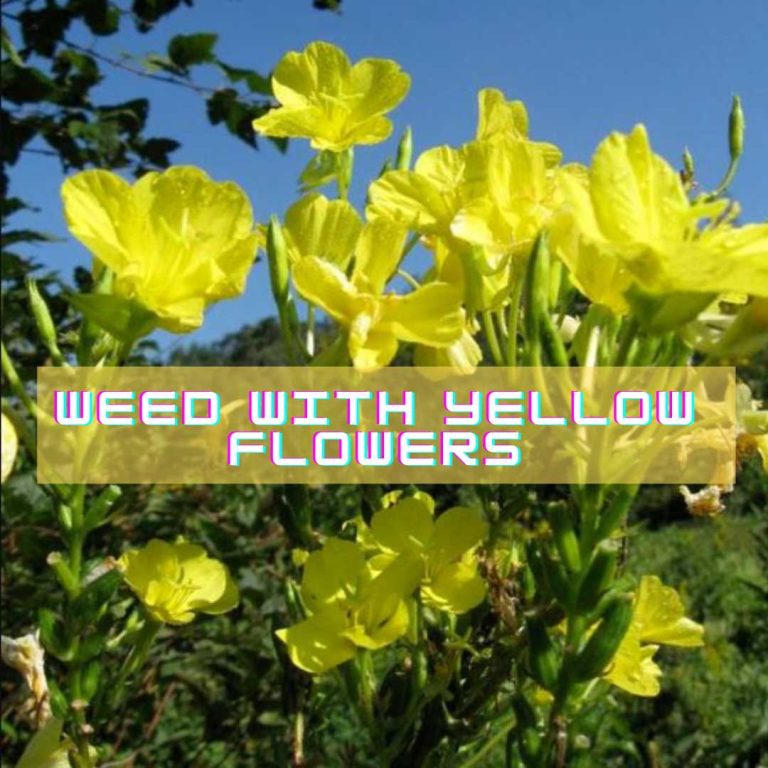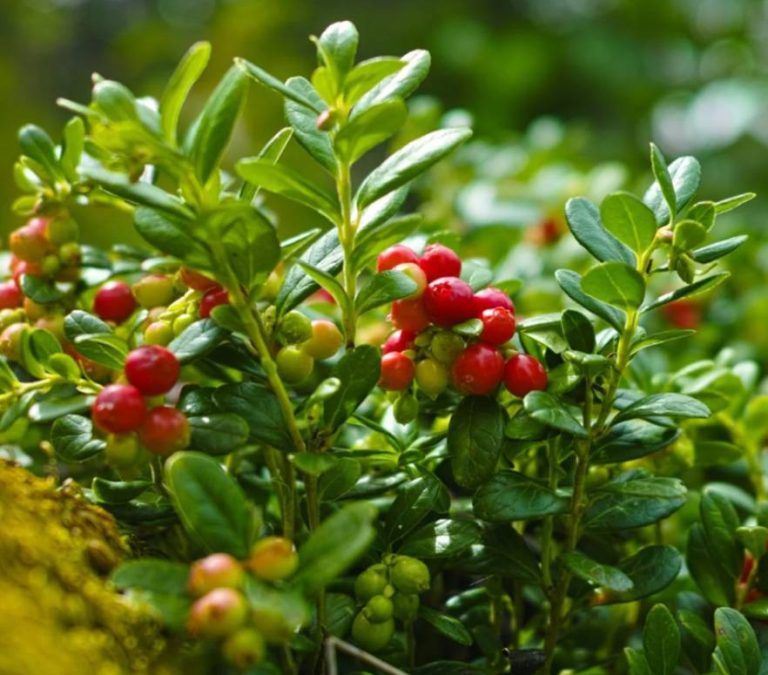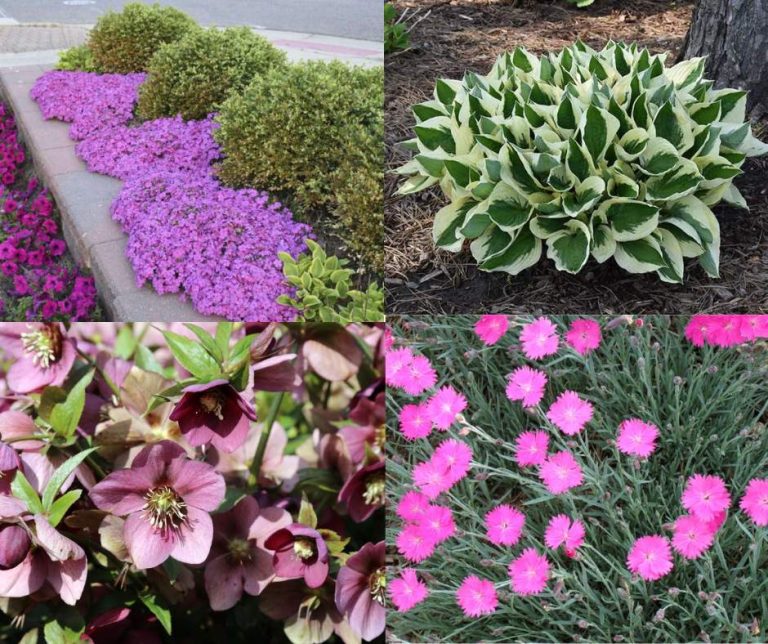Good & Bad Side of Garden Weeds You Need to Know!
People have been using weeds for decades for decoration, medication, and other purposes. Despite having so many benefits, weeds can be harmful to you rather than helping. You can identify weeds in many ways. The unwanted excess growth of plants that you don’t want is often weeds. From harmless to harmful, even toxic weeds can also grow in your backyard.
Not all weeds are harmful to human beings, some have terrible impacts indirectly. Some garden weeds may not cause you harm but some can be toxic for your pets and other animals.
Weeds give shelter to bees, mosquitoes, and other pets which can be great for pollination and the ecosystem of your garden. But the excessive growth may lead you to pest control and diseases like dengue can also occur due to mosquito bites. So, weeds can be bad for your garden. But weeds can be good for your garden too if you can maintain it. You can use good mulch to prevent weeds.
According to life span, we can consider weeds in three categories-
| Annual weeds | Biennial weeds | Perennial weeds |
Annual Weeds:
Annual weeds grow once a year. So it doesn’t need maintenance all year. Amaranth (pigweed), Milk thistle, Chenopodium album (Bothua), and Eleusine indica(Chapra) are the annual weeds.
Biennial Weeds:
Biennial weeds accomplish their life cycle in two years, first-year vegetative development, and next year flowering and seeds. Only a few troublesome weeds fall in this group. Wild carrot (Daucus carota), Sweet clover, Common mullein, and common burdock are the biennial weeds.
Perennial Weeds:
Perennial weeds complete their life cycle of more than two years. They are propagated by weeds, rhizomes, bulbs, stolons, etc. Bermuda grass, Creeping Charlie, Dandelion, Goldenrod, Kudzu, Leafy spurge, Poison ivy, St John’s wort, Tree of heaven, Wood sorrel, Yellow nutsedge, Cynodon dactylon (Durba), Cyperus rotundus(Mutha) are the perennial weeds.
Are Garden Weeds Bad for Human Beings?
You cannot fully say whether a weed is harmful to you or not. Consuming some weeds may treat you with severe disease, again some of them can be the major cause of your illness. This tremendous difference may confuse you about whether to keep weeds in your household or not.
Minor Danger :
Some weeds contain spines that may cause itchiness and promote allergy. But it will not harm you in a deadly way. Stinging nettle and burning nettle can cause you to have rashes. These weeds may not severely injure you, but consumption of them may cause your pets severe internal injuries.
Moderate Danger:
Poison oak and poison ivy are scarier than nettles. Coming in contact with them can cause blisters, swelling, and minor injuries that may last longer than one week. Households with pet cats and dogs should stay away from planting them in their garden.
Fatal:
The number of weeds that cause life-threatening harm is quite less. Deadly nightingales can cause hallucinations and convulsions. People with weak immunity systems are the most sufferers. Dilated pupils and imbalance inside the body are also included as side effects. Poison hemlock can also cause toxic reactions if consumed.
Toxic Weeds That You Need to Remove from Garden
The type of toxicity depends on whom the toxicity is occurring. Some weeds may be harmful to your pet. Again the same weed may not be that toxic for your body. Consumption of some weeds can be nutritious, but intake of excessive weeds can take you to the fatal condition that you may have to be admitted to the hospital.
Toxic to Animals
From mild to severe, the animals may also be the victims of poisonous weeds. Milkweeds are useful and normally we use them as vegetable or salad dressing sometimes. But intake of milkweed can cause internal damage to your pet dog. Dogs can have mild seizures and dilated pupils if taken carelessly. But it is not fatal to any animals.
Poisonous hemlocks are the most dangerous when it comes to severe toxicity to living beings. If your pets and livestock consume it, it may kill them within half an hour! Stay away from them!

Harmful to Other Plants
Weeds tend to grow faster than you think. Regular maintenance may hinder them from growing. Sometimes the growth becomes so faster that it inhibits the other plants from growing and having nutrition from the soil. But it may reduce the production of the other plants.
- The weeds often interfere in harvesting while other crops need free space to grow.
- Due to the growth of the weeds, the amount of space, light, food, water, and nutrients starts decreasing. The weeds and other plants need to compete with each other for these things.
- Irrigation requirements start increasing
- Growing on other plants, it absorbs the nutrients from the host plant.
- Competition for solar energy
- Weeds contaminate water which even leads to the death of aquatic plants.
Negative Impacts on Overall Land and Production:
Weeds can grow faster than you think. A little negligence in our garden maintenance may increase the growth of weeds several times.

- Weeds may reduce crop production.
- Weeds decrease the irrigation efficiency
- Weeds increase the maintenance cost
- Weeds reduce land value
- Reduces pasture palatability
- It increases the cost of agriculture
- Weeds abstract the progress of work
- Weed reduces crop quality
- It reduces the value of the land
Benefits of Weeds for the Garden
After so many negative impacts you are convinced to think that the weeds are bad for your garden. But weeds have amazing qualities and usage you won’t believe.
Attracts Pollinators:
The flowering weeds grow colorful flowers that add variety to your garden. Colorful weed flowers attract bees, butterflies, and insects through their colorful petals and better. The pollen carriers(bird, bee, caterpillar) come and sit on the flowers which further results in fertilization due to the pollen exchange process.
Indicate Soil Health:
Weeds are the best indicator when it comes to the point of whether the soil is fertile or needs more nutrition. The weeds grow mostly in any type of soil. They can survive from fertile to the worst soil. The microorganisms can help the weeds to decompose and mix with the soil.
Prevent Erosion:
The weeds have a net-like root structure which helps them to remain strongly attached to the soil. The roots of each weed remain attached which forms a kind of strong base that can hold the soil firmly. Whenever any strong wave comes, the weeda acts like soil binders which protects the soil from being eroded.
Fodder for Animals:
Some of the weeds taste better than leaves and the herbivorous animals love to have them as their food. It keeps their digestive system healthy and the medicinal properties of some of the weeds help them to heal from internal issues.
Nourishes the Soil:
The weeds can maintain the thermal condition of the soil. Sometimes weeds act like mulch and restore moisture in the soil. After drying out, weeds decompose and become natural fertilizer
Food for Livestock:
Some households feed their domestic animals weeds and weed-like plants as it is easily available, nutritious, and affordable. It helps to keep their digestive system healthy.
| Amaranthus | Chickweed |
| Common Purslane | Ground-ivy |
| White Clover | Wood sorrel |
| Common Dandelion | Red Clover |
| Dandelion | Yarrow |
We can understand that weeds can be both good and bad for your soil. Though sometimes weeds can be bad for your garden, proper knowledge can lead you to the best usage of weeds.

I am the founder of FinalGardening. With over five years of hands-on experience in gardening. I have dedicated myself to sharing my expertise and insights with fellow gardening enthusiasts. I aim to empower you with the information and necessary resources to achieve gardening success.

